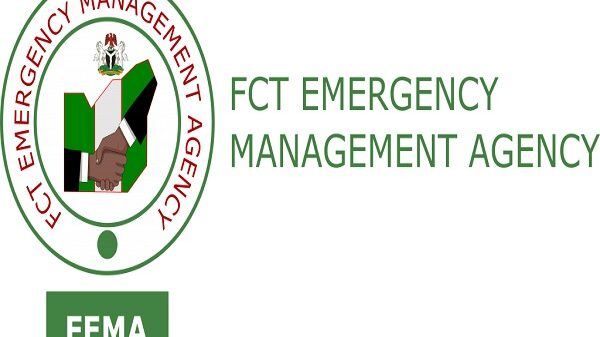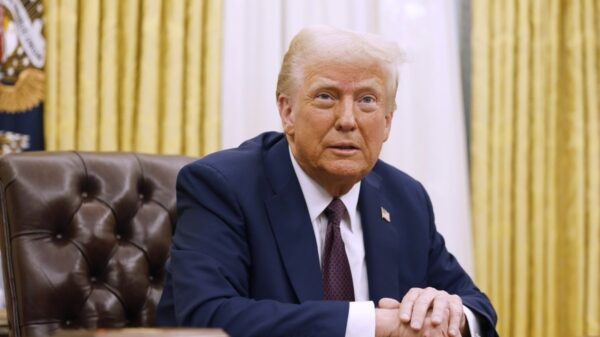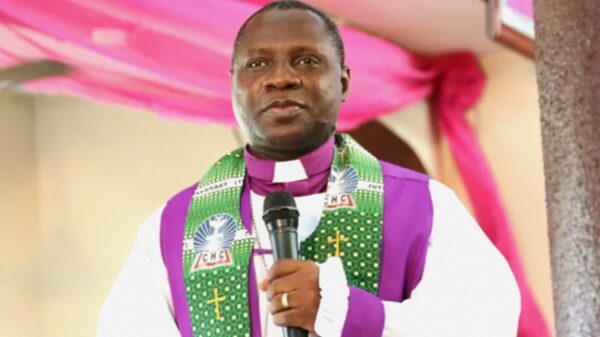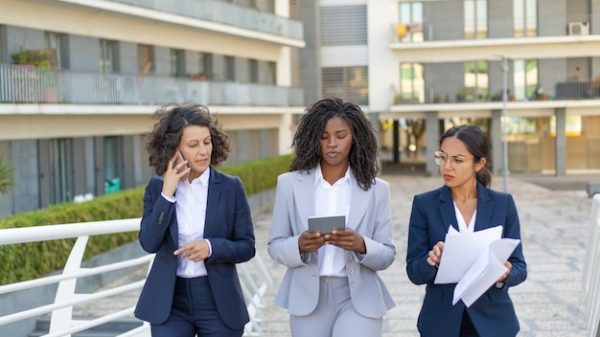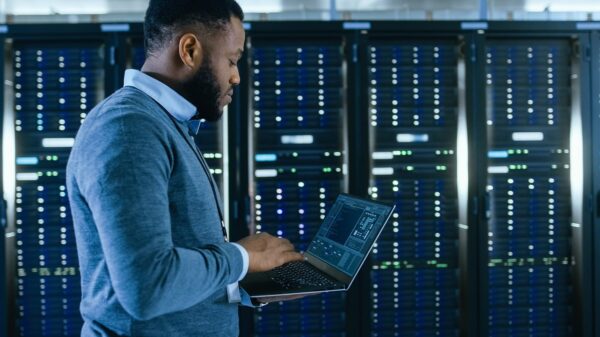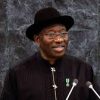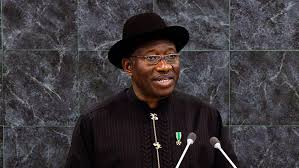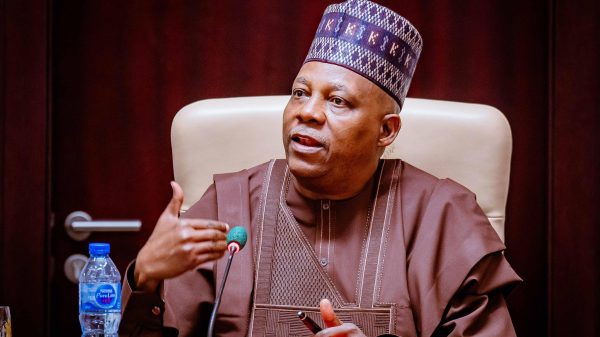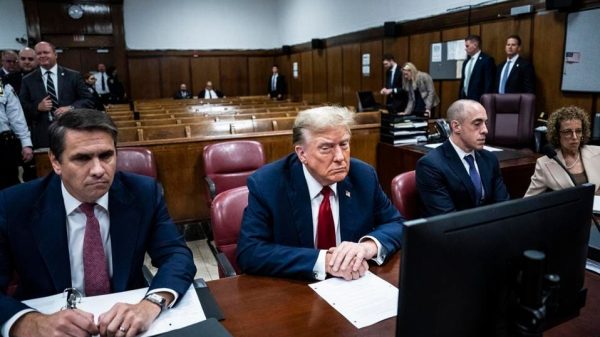In a move aimed at narrowing Nigeria’s digital gap, the Federal Government has launched a digital village pilot project in the rural community of Ibwa 2, located in Isuanin Kura, Gwagwalada, within the Federal Capital Territory. The initiative delivers free internet access and digital services to residents, marking a significant step in the country’s push for inclusive digital transformation.
Speaking at the commissioning ceremony, the Minister of Communications, Innovation and Digital Economy, Dr. Bosun Tijani, noted that over 20 million Nigerians still lack access to basic telecommunication services. He pointed out that the absence of connectivity in many communities isn’t just a technological shortfall but one with serious consequences for healthcare, education, security, and economic inclusion.
“In several areas across the country, there’s no network at all. This isn’t just inconvenient—it’s costing us greatly. It limits access to banking, makes remote healthcare impossible, and disrupts learning,” the minister said.
Tijani emphasized that communities with no connectivity are also harder to govern and often vulnerable to insecurity. As part of a broader national plan, President Bola Tinubu has approved the deployment of about 7,000 telecom towers across the country. The project in Ibwa 2, he explained, is the first live test of that nationwide rollout.
Home to over 12,000 residents, Ibwa 2 is one of the first communities to benefit from this programme, which is being rolled out in partnership with leading technology firms. The village and its surrounding areas, previously without any telecommunications service, now enjoy internet access through a comprehensive digital infrastructure.
More than just providing network coverage, the project is enabling real-time services in healthcare and education. Tijani highlighted how the local health centre has already been connected through equipment donated by Huawei, allowing local practitioners to consult doctors in major cities like Abuja. A demonstration during the launch showed the community chief speaking directly with a doctor through the new system.
Education is also receiving a boost. In a local school facing a shortage of teachers, children will now have access to lessons taught remotely by educators based in other states. A science teacher in Lagos, for instance, will be able to teach students in Ibwa 2 through a virtual classroom setup.
Free community Wi-Fi has also been activated, giving residents access to the internet and digital platforms. The minister stressed that location should never be a barrier to opportunity and reaffirmed the government’s commitment to prioritising underserved regions, particularly in the North, where the majority of unconnected communities are found.
To further support digital access, the ministry, in partnership with Huawei, donated 125 smartphones to the community. The devices, among the most affordable on the global market, cost around $25 each. Tijani said the initiative is also a test case for introducing low-cost devices more widely and hinted at plans to explore local manufacturing of such gadgets.
Huawei Nigeria’s Managing Director, Terrence Wu, described the initiative as a powerful example of what public-private partnerships can achieve. He said the project rests on three pillars—mobile connectivity, digital learning, and accessible healthcare—and reaffirmed Huawei’s commitment to supporting the digital empowerment of rural communities.
Globacom also played a central role in the project, providing network infrastructure for the new digital hub. Kazeem Kaka, the company’s Head of Division for the North West, described the initiative as a major milestone in Nigeria’s digital development. He praised the collaboration among the ministry, Huawei, and Globacom as a bold step toward building an inclusive digital future.
Kaka called on residents to take ownership of the infrastructure and use the new digital tools to unlock opportunities in education, healthcare, and commerce. The digital village in Ibwa 2, he said, is not just a technological upgrade—it’s the foundation for a more connected and empowered community.


